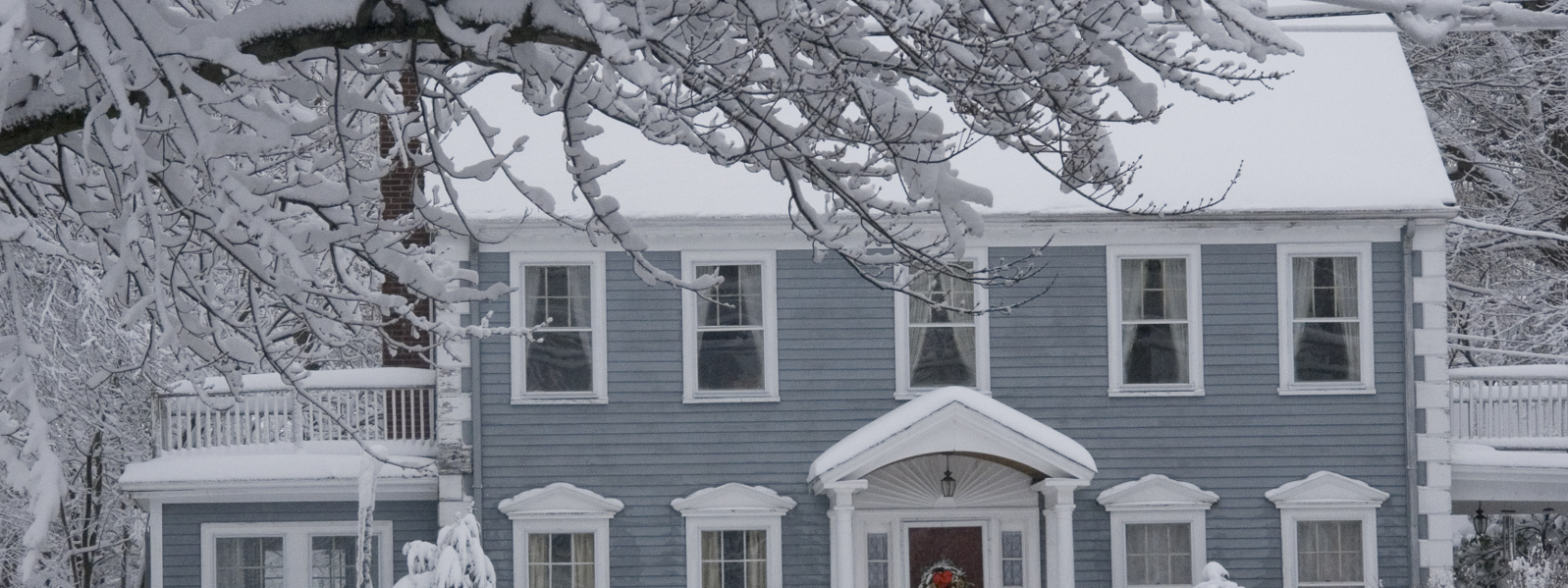On Sept 30, European Union statistics agency Eurostat reported that the inflation in the Euro zone went from 9.1% in August to 10% in September. Core inflation in September (excluding energy and food) was 4.8% while energy and food prices rose much more. These new data put more pressure on the European Central Bank to increase interest rate in October. However, such a move would likely result in a deep recession, even though the unemployment rate was relatively low, at 6.6% in August.
One of the major reasons for the energy crisis is that Russia, a major energy exporter, reduced the flow of gas to European countries that support Ukraine in the war. European governments have looked for alternatives, such as LNG, diesel fuel, coal, and even wood, but these will be insufficient. When the cold-weather heating season starts, Europe may face the worst energy crisis in several decades. In order to avoid a winter of unaffordable energy bills, rationing and blackouts, governments are exploring different policy options. According to a report by Business Insider, the EU wanted to cap gas prices but failed to reach consensus. Some countries argue that a price cap would interfere with market competition, making it difficult for some to get any supply at all. Instead, a “price corridor” will be negotiated and implemented to reduce consumer energy cost.
Why it matters: 10% inflation is a new record for the Euro zone. Energy prices increased 40.8% year-on-year in September, up from 38.6% in August.
Further Possibilities
1. Offer energy-efficient home insulation for the European market
2. Provide home solar panel installation
3. Sell heating products, such as portable heater and electric blanket







